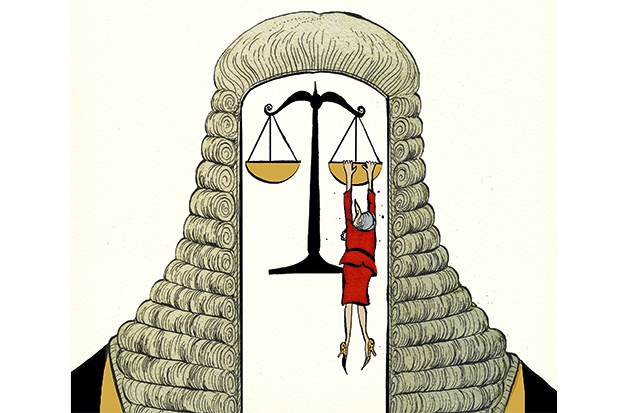3.30pm: James Eadie QC now has his final opportunity to put forward the argument for the Government’s appeal. He makes the point that the statute that brought Britain into what would later become the EU – the 1972 European Communities Act – was not about limiting the power of the Government’s prerogative. He tells the court the act: ‘wasn’t seeking to control the prerogative, in other words the action by Government on the international plain’.
2.45pm: The full transcript from this morning’s proceedings has now been published by the Supreme Court. You can read it here. 2.30pm: Patrick Green QC has been making the case for expats affected by Brexit. He makes the point that Britain joining the EU granted rights to those who he is representing. Consequently, he says, any step that reverses those rights must pass through Parliament. 1.20pm: Manjit Gill QC is now up. He tells the Supreme Court that Brexit will mean a change to the ‘fundamental rights’ of the vulnerable (i.e. those whose right to live in Britain might change as a result of the UK leaving the EU) – and that consequently the process of Brexit must go through Parliament. He accuses the Government of attempting to ‘drive a coach and horses’ through these rights. 12.25am: Helen Mountfield, the QC representing the People’s Challenge, tells the Supreme Court that ‘there is no prerogative power to change the law’. Mountfield admits she is possibly being ‘facetious’ but likens the Government’s case to the idea that because none of the attempts to catch the Loch Ness monster has succeeded, the Loch Ness monster still roams free. Effectively she goes on to say that the thought that the Government can change the law because parliament hasn’t said that it can’t doesn’t add up. 11.45am: Gordon argues that using the Government’s prereogative power in this instance would set a worrying precedent for the devolution settlement which handed powers over to the Welsh assembly. He says that:11.25am: Some have argued that the 2015 referendum act, which led to the vote on June 23rd, was the starting gun needed to kick start the process of Brexit. Not so, argues Richard Gordon, who tells the court that the act has ‘absolutely nothing to do with the legal issues in this case’. He goes on to say that it’s a statute ‘that has died’, and it’s no good trying to ‘revive a corpse and give it a separate purpose’. He later adds that ‘a child of six’ could understand that the Government cannot use prerogative powers to ‘dispense with laws passed by Parliament’. 10.55am: Richard Gordon QC is now up in the Supreme Court. Arguing the case for the Welsh government, he tells the judges that he is not here ‘to stop or stall Brexit’. Instead, he says, this is a case about the ‘constitutional issues’ which go ‘far beyond Brexit’. Gordon goes on to argue that Eadie’s case takes ‘false comfort from a raft of cases’.‘If prerogative can be used to short circuit, it is to ignore the devolution development on which our constitution is materially predicated’
10.45am: Lord Wolffe, who has been putting forward the Scottish Government’s case, has finished his submission to the Supreme Court on a simple point. He tells the judges that ‘Ultimately, what’s required here is an Act of Parliament to make a decision on Article 50’.







Comments